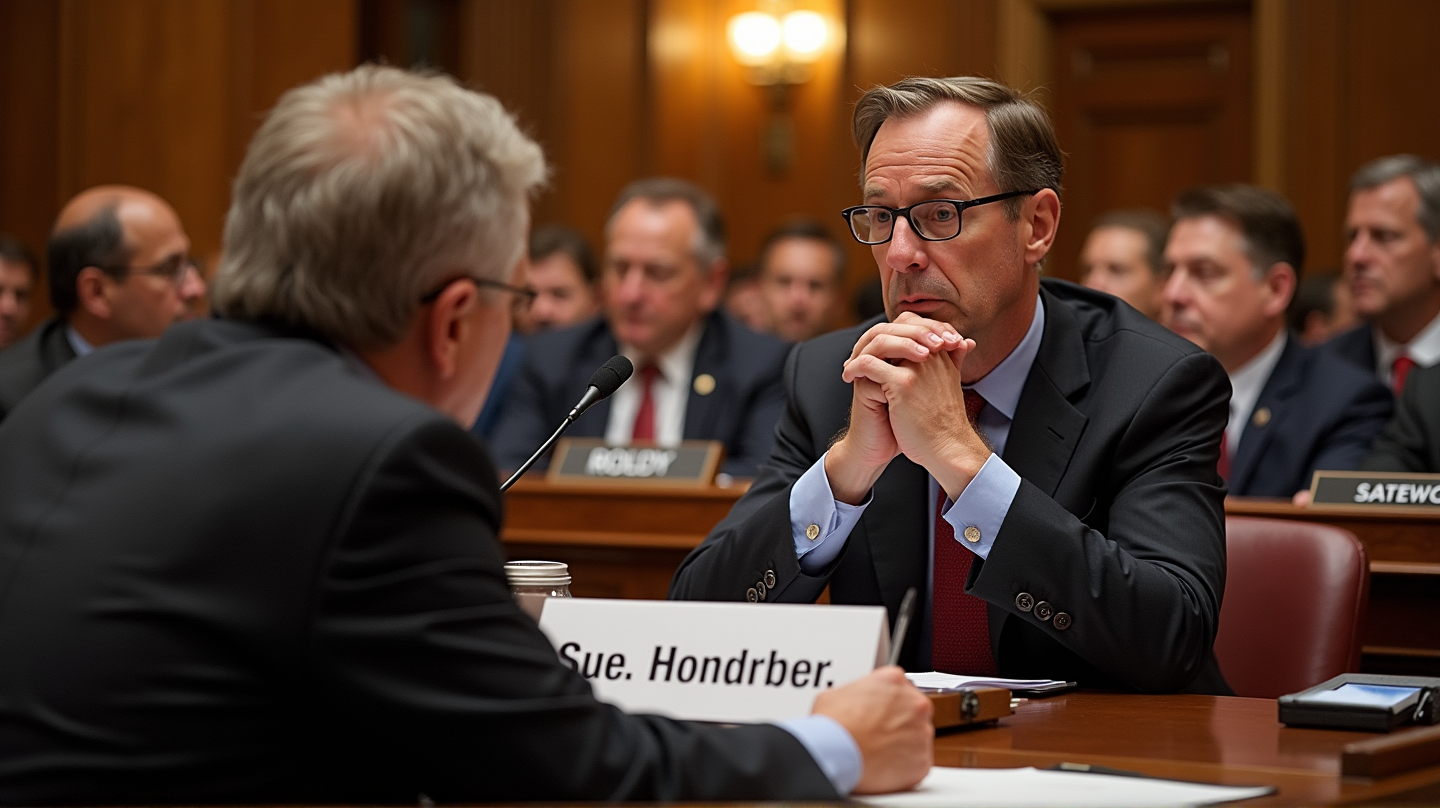A Decade-Old Milestone: The Senate Overrides the Veto
In a striking turn of events, the Colorado Senate took an unprecedented step on Friday by voting to override Governor Jared Polis’ veto of Senate Bill 86, which seeks to regulate social media companies more stringently. This decision marks the first time in over ten years that such a legislative maneuver has been attempted. This move is significant as it sets the stage for a potential historical shift in how social media operates within the state, aiming to safeguard children from online harm. Now, all eyes turn to the House, which must also gather a two-thirds majority for the override to stand, according to The Fort Morgan Times.
The Bill’s Intentions and Legislative Backing
Senate Bill 86 emerged from the Colorado General Assembly with broad bipartisan support, advocating for stricter actions against users violating social media platforms’ terms of service. The legislation mandates annual reporting to the Colorado Attorney General’s Office and requires social media entities to align closely with law enforcement efforts. Proponents argue the bill is vital for removing online predators and blocking illegal activities, such as the sale of drugs and firearms. Despite these noble intentions, the bill’s potential implications for free speech and privacy have ignited debates, leading to a contentious veto by Governor Polis.
Polis’ Concerns and Opposition’s Viewpoints
Governor Polis expressed significant reservations about the bill in his veto letter, highlighting its potential to encroach upon First Amendment rights and increase unnecessary scrutiny over citizens’ freedoms. His concerns were echoed by notable organizations, including the American Civil Liberties Union and the Foundation for Individual Rights and Expression. The governor is apprehensive about the potential empowerment of large tech companies in de-platforming decisions, favoring a balance between tackling cybercrime and upholding civil liberties.
The Legal Framework and Response
Despite the opposition, Attorney General Phil Weiser assessed the bill’s legal grounds, stressing that its provisions align with state policing powers without infringing on constitutional rights. His memo, distributed among legislators, detailed how the proposed measures are finely tuned to serve substantial government interests, especially concerning illegal online conduct.
Awaiting the House Decision
As the legislative session nears its close, the Colorado House faces the challenging yet pivotal decision to potentially confirm the Senate’s bold action. Scheduled discussions for other pending veto overrides, including Senate Bill 77, demonstrate the heightened legislative activity as the session concludes on May 7. Colorado’s legislative process remains under scrutiny as lawmakers navigate these complex issues.
Advocates and Future Outlook
Advocates of Senate Bill 86, like Sen. Lindsay Daugherty, highlight the critical need to prioritize children’s safety over the commercial interests of affluent tech giants. This historic attempt to circumvent a governor’s veto underscores a broader narrative of legislative and executive branches contending over social media governance. As stakeholders gear up for possible future iterations of such reforms, Colorado finds itself at a crossroads, seeking to harmonize technological advancement with protective legislation in a rapidly evolving digital age.
